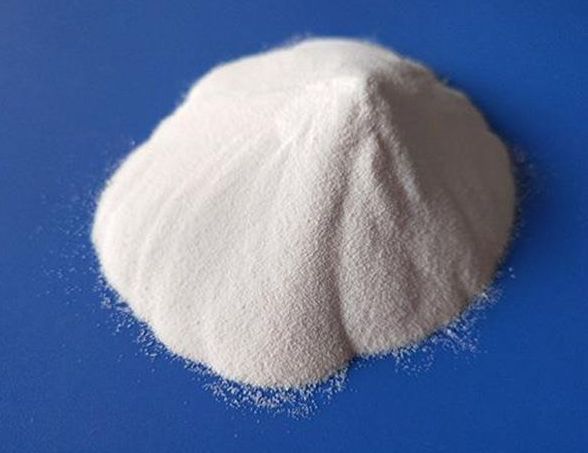Zinc sulfate and zinc sulfate monohydrate are two different forms of the same chemical compound, zinc sulfate (ZnSO4). While they share similarities in terms of composition and applications, there are distinct differences between the two. Let's explore the dissimilarities and understand the characteristics of zinc sulfate and zinc sulfate monohydrate.

Zinc Sulphate Monohydrate Powder
The primary difference between zinc sulfate and zinc sulfate monohydrate lies in their water content. Zinc sulfate (ZnSO4) is an anhydrous form, meaning it does not contain any water molecules. On the other hand, zinc sulfate monohydrate (ZnSO4·H2O) consists of one water molecule per unit of zinc sulfate. The presence of water molecules in zinc sulfate monohydrate alters its chemical structure and properties.
In terms of appearance, zinc sulfate typically appears as a white crystalline powder. It is odorless and has a slightly bitter taste. Zinc sulfate monohydrate, on the other hand, forms colorless or white crystals with a characteristic crystalline structure. It is also odorless and has similar taste properties to zinc sulfate.
Zinc sulfate monohydrate has different physical properties compared to anhydrous zinc sulfate. It has a lower density and slightly higher molecular weight due to the presence of water molecules. Additionally, the monohydrate form has a lower melting point and tends to dissolve more readily in water than anhydrous zinc sulfate.
Anhydrous zinc sulfate, being an anhydrous form, is relatively stable and less prone to absorbing moisture from the surrounding environment. It has low hygroscopicity, meaning it does not readily attract and retain water molecules. This stability allows anhydrous zinc sulfate to be stored for longer periods without significant degradation.
On the other hand, zinc sulfate monohydrate is hygroscopic, meaning it readily absorbs moisture from the air. This characteristic can lead to changes in its physical and chemical properties over time, such as an increase in water content. Consequently, the hygroscopic nature of zinc sulfate monohydrate requires proper storage and handling to maintain its integrity.
Both zinc sulfate and zinc sulfate monohydrate find applications in various industries and fields. Here are some common uses:
Agricultural Applications:
Zinc sulfate, in both forms, is widely used as a feed additive to address zinc deficiencies in soil and promote plant growth. It is particularly beneficial for crops that require higher levels of zinc, such as fruits, vegetables, and legumes. The availability and solubility of zinc in both forms make them suitable for agricultural purposes.
Nutritional Supplements:
Zinc sulfate, including the monohydrate form, is used in the manufacturing of nutritional supplements to address zinc deficiencies in humans and animals. Zinc is an essential micronutrient that plays a crucial role in numerous physiological processes, including immune function, cell division, and wound healing.
Industrial Applications:
Zinc sulfate and zinc sulfate monohydrate have various industrial applications. They are used in the production of pigments, dyes, and zinc-based chemicals. Zinc sulfate is utilized in the manufacturing of rayon, zinc-carbon batteries, and electroplating processes. The monohydrate form's higher solubility makes it suitable for applications requiring quick dissolution, such as dyeing and printing textiles.
Zinc sulfate and zinc sulfate monohydrate are two different forms of the same chemical compound. The primary distinction lies in the presence of water molecules in zinc sulfate monohydrate, affecting its physical properties, stability, and applications. Both forms have their respective uses in agriculture, nutrition, industry, medicine, and laboratory settings. Understanding the differences between zinc sulfate and zinc sulfate monohydrate helps in selecting the appropriate form for specific applications, ensuring optimal performance and efficacy.
If you want to know more information about zinc sulfate monohydrate, please contact us. We will provide professional answers.
Explore [The Insider's Views](https://www.dynamicbiotech.com/contactus/).